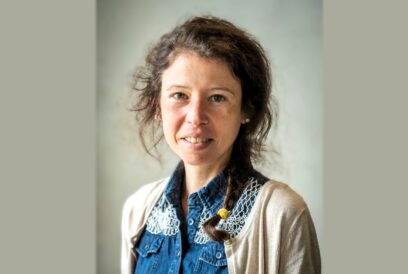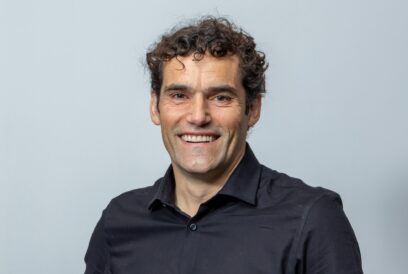

Resistance to continuing education is a reasonable, meaningful, legitimate defence against the imposition of the endless learning efforts adults are confronted with. The text is a column written for Speakers’ Corner series.
We all hear the peal for lifelong learning, for never-ending continuing education. We hear that qualifications and learning are crucial in improving one’s career prospects, economic competitiveness, personal development and health.
Therefore, the necessity of continuing education seems to be ineluctable.
We also know, however, that there is a vast number of people who do not attend continuing education courses.
Furthermore, all adult educators know participants who are inattentive, reluctant or disturb course settings. Often this is explained through various barriers, exclusion and psychological or emotional issues and of course, these obstacles are indisputably real.
BUT WHAT IF THERE IS ALSO a vast number of people who in fact have weighty reasons to refuse continuing education?
According to the predominant view on (continuing) education, this question cannot be asked. It seems to be unthinkable that education may not be as desirable and beneficial as the economics, politics and educational professionals try to convince us.
Silent inattentiveness could have its cause in obstructive private problems or in boring teaching.
My critical theoretical concept of resistance to continuing education and its – unfortunately only few – empirical findings make it possible to broaden and to better illuminate this disregarded view.
It illustrates that there can be good individual and even social reasons for refusal. Resistance is to be understood as a reasonable, meaningful and legitimate defence that must not be eliminated but acknowledged and accepted and, from a critical point of view, possibly even encouraged.
FIRST OF ALL, RESISTANCE IS NOT necessarily loud, offensive or even an expression of fundamental or radical criticism.
It is often silent, unseen, unnoticed, sometimes not yet even a conscious act. Only with careful examination of the real reasons for not participating can we reveal some of the actions as resistance.
Silent inattentiveness could have its cause in obstructive private problems or in boring teaching. Not coming to class could be to do with insurmountable obstacles, or people might simply have good reasons not to show up.
Unemployed people do not want to attend their fifth job application training session just because governmental agencies do not have any better ideas.
Good reasons could include inappropriate content or course settings, or experiences from the past in which promised success through learning remained an illusion. Some people simply defend their private life against vocational encroachment.
Resistance should not be interpreted as a lack of interest, as learning can be done in other forms.
Instead, it should be seen as another type of interest: interest in refusing continuing education that is an imposition, that does not fit the person’s personal (and vocational) daily life – and that sometimes is just senseless.
Unemployed people do not want to attend their fifth job application training session just because governmental agencies do not have any better ideas.
RESISTANCE TO CONTINUING EDUCATION remains contradictory, for instance because it sometimes reinforces social exclusion.
But it is important to acknowledge that continuing education is also a space of power, which can and must be opposed by resistance.
Resistance to continuing education is individually and socially reasonable because it points out the abysses in a continuing education system that reduces people to human capital and deficient learners.
It is meaningful because it is an expression of interests other than those that can merely be seen as useful. And it is legitimate, because humans have to have the right not to fulfil expectations.
Bringing resistance to continuing education into focus forces us to radically question continuing education.
Author







